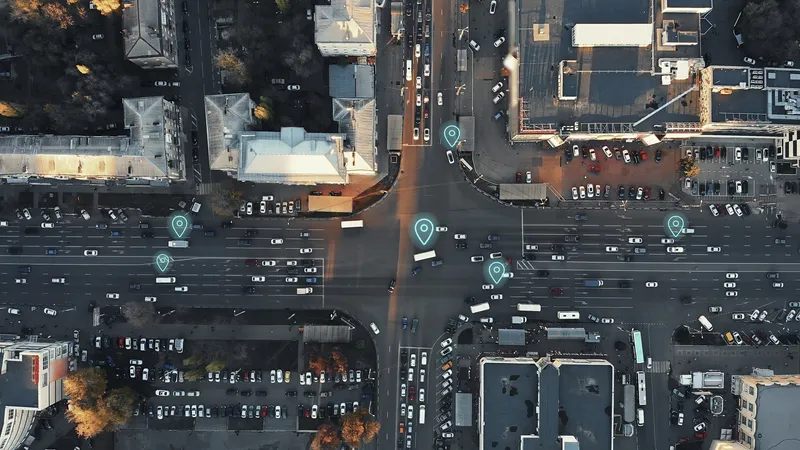The US Department of Transportation (DOT) has announced that the University of Michigan will conduct a road safety field trial in Ann Arbor, Michigan, which will include the installation of wireless devices in up to 3,000 vehicles in one location, to evaluate the effectiveness of connected vehicle technology to prevent crashes.
April 17, 2012
Read time: 2 mins
RSSThe 324 US Department of Transportation (DOT) has announced that the University of Michigan will conduct a road safety field trial in Ann Arbor, Michigan, which will include the installation of wireless devices in up to 3,000 vehicles in one location, to evaluate the effectiveness of connected vehicle technology to prevent crashes.
During the pilot, to be carried out on the streets and highways of Ann Arbor from August, 2012 to August, 2013, drivers will be alerted to impending dangers in real-time so they can take action to avoid crashes. Data will be collected from the vehicles in order to understand how different types of motorists respond to safety messages in the real world.
"This test will be an important step towards the US Department of Transportation's top priority – a safer transportation system," said Peter Appel, administrator of the321 Research and Innovative Technology Administration. "Technology is an investment in the future and this pilot deployment of vehicles that 'see' and 'talk' with one another with the help of wireless communication will allow us to learn how drivers use electronic alerts to avoid crashes in a real-world environment."
The safety pilot is the second part of a two-part connected vehicle research initiative. The first part is the Safety Pilot Driver Acceptance Clinics, which began on this month. The driver clinics are the first step in identifying how motorists respond to innovative wireless devices for safety. Participants in the six driver acceptance clinics will test cars equipped with connected vehicle devices in a controlled environment where researchers can observe the drivers' responses to the technology.
To continue the data collection under real-world conditions, the Ann Arbor safety pilot will allow drivers using cars, trucks, and transit vehicles fitted with wireless devices to carry out their normal routines while their vehicles sense the presence of other equipped vehicles nearby.
During the pilot, to be carried out on the streets and highways of Ann Arbor from August, 2012 to August, 2013, drivers will be alerted to impending dangers in real-time so they can take action to avoid crashes. Data will be collected from the vehicles in order to understand how different types of motorists respond to safety messages in the real world.
"This test will be an important step towards the US Department of Transportation's top priority – a safer transportation system," said Peter Appel, administrator of the
The safety pilot is the second part of a two-part connected vehicle research initiative. The first part is the Safety Pilot Driver Acceptance Clinics, which began on this month. The driver clinics are the first step in identifying how motorists respond to innovative wireless devices for safety. Participants in the six driver acceptance clinics will test cars equipped with connected vehicle devices in a controlled environment where researchers can observe the drivers' responses to the technology.
To continue the data collection under real-world conditions, the Ann Arbor safety pilot will allow drivers using cars, trucks, and transit vehicles fitted with wireless devices to carry out their normal routines while their vehicles sense the presence of other equipped vehicles nearby.








